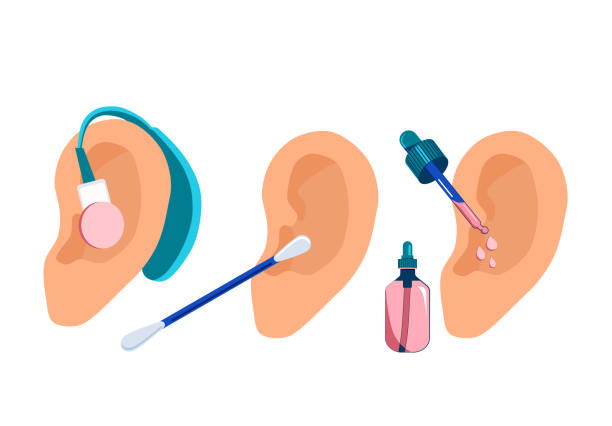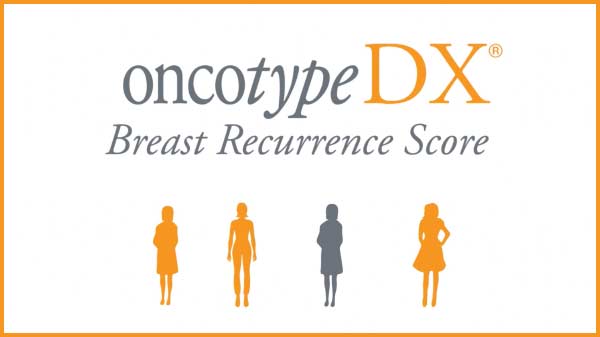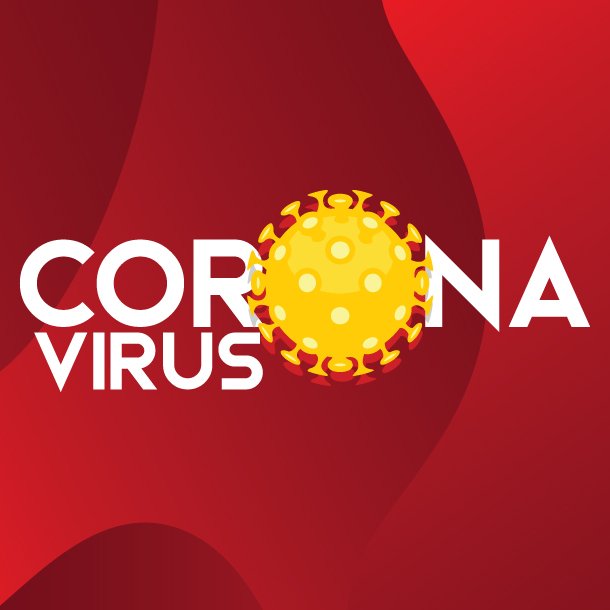Hearing Loss. Save
Hearing is a gift.hearing is the ability to be able to listen to the external sounds. Hearing loss or hearing impairment is the reduced ability to listen to external sounds.…
Listing out the pathology notes for the MBBS students. this note is about the Important bodies in pathology in various diseases and conditions::

Hearing is a gift.hearing is the ability to be able to listen to the external sounds. Hearing loss or hearing impairment is the reduced ability to listen to external sounds.…

The test gives a score, known as a Recurrence Score, from 0 to 100.
The higher the score, the more likely breast cancer is to come back and the more likely you are to benefit from having chemotherapy as well as hormone therapy.
Your specialist will use the score, along with other information about your breast cancer, to help decide whether chemotherapy would benefit you.5…

Jaundice aundice results from high levels of bilirubin in the blood. Bilirubin is the normal breakdown product from the catabolism of haem, and thus is formed from the destruction of red blood cells. Under normal…

The Coronavirus Disease 2019 (COVID-19) Treatment Guidelines is published in an electronic format that can be updated in step with the rapid pace and growing volume of information regarding the treatment of COVID-19.

The COVID-19 Treatment Guidelines Panel (the Panel) is committed to updating this document to ensure that health care providers, patients, and policy experts have the most recent information regarding the optimal management of COVID-19 (see the Panel Roster for a list of Panel members).
New Guidelines sections and recommendations and updates to existing Guidelines sections are developed by working groups of Panel members. All recommendations included in the Guidelines are endorsed by a majority of Panel members (see the Introduction for additional details on the Guidelines development process).
Major revisions to the Guidelines within the last month are as follows:
On June 25, 2021, the distribution of bamlanivimab plus etesevimab was paused in the United States because of the increase in the combined frequencies of the Gamma (P.1) and Beta (B.1.351) SARS-CoV-2 variants of concern circulating across the country. In recent months, the Delta (B.1617.2, non-AY.1/AY.2) variant has become the predominant variant circulating in all states. Because the combination of bamlanivimab plus etesevimab retains activity against the Delta variant, as of September 2, 2021, the use and distribution of these anti-SARS-CoV-2 monoclonal antibodies (mAbs) have been resumed in all U.S. states, territories, and jurisdictions.
With the availability of bamlanivimab plus etesevimab, the Panel has updated its recommendations.
The Panel recommends using one of the following anti-SARS-CoV-2 mAb regimens (listed alphabetically and not in order of preference) to treat nonhospitalized patients with mild to moderate COVID-19 who are at high risk of clinical progression (see Anti-SARS-CoV-2 Monoclonal Antibodies for the rating of the recommendations based on the risk of progression to COVID-19):
The Panel’s statement includes discussion of the rationale that support these recommendations.

The Panel recommends using anti-SARS-CoV-2 mAbs for the treatment of mild to moderate COVID-19 and for post-exposure prophylaxis (PEP) of SARS-CoV-2 infection in individuals who are at high risk for progression to severe COVID-19, as outlined in the Food and Drug Administration (FDA) EUAs. While there are currently no shortages of these mAbs, logistical constraints (e.g., limited space, not enough staff who can administer therapy) can make it difficult to administer these agents to all eligible patients. In this statement, the Panel offers suggestions for how to prioritize the use of mAbs for treatment or PEP when there are logistical constraints for administering therapy.
This section has been updated to add new recommendations on when to use dexamethasone in combination with either (IV) sarilumab or oral tofacitinib in certain hospitalized patients with COVID-19.
Clinical data and rationales supporting these recommendations are summarized in the updated section. Additions to this section also include changes to Figure 2 (including the footnotes) to reflect these new recommendations, as well as a new table outlining the dosing regimens and duration of therapy for the drugs recommended in Figure 2.

Vaccination remains the most effective way to prevent SARS-CoV-2 infection. However, despite widespread availability of SARS-CoV-2 vaccines, a number of individuals are either not fully vaccinated or cannot mount adequate responses to the vaccine. Some of these people, if infected, are at high risk of progression to serious COVID-19. On July 30, 2021, the FDA expanded the EUA indication for the anti-SARS-CoV-2 mAbs casirivimab plus imdevimab to allow this combination to be used as PEP for selected individuals, as described below.
The Panel recommends using casirivimab 600 mg plus imdevimab 600 mg administered as subcutaneous injections (AI) or an IV infusion (BIII) as PEP for people who are at high risk for progression to severe COVID-19 if infected with SARS-CoV-2 AND who have the following vaccination status AND exposure history:
AND
The Panel’s statement includes additional recommendations on the use of casirivimab plus imdevimab and a detailed discussion of the clinical data that support these recommendations.
Source / Copyright
https://www.covid19treatmentguidelines.nih.gov/about-the-guidelines/whats-new/